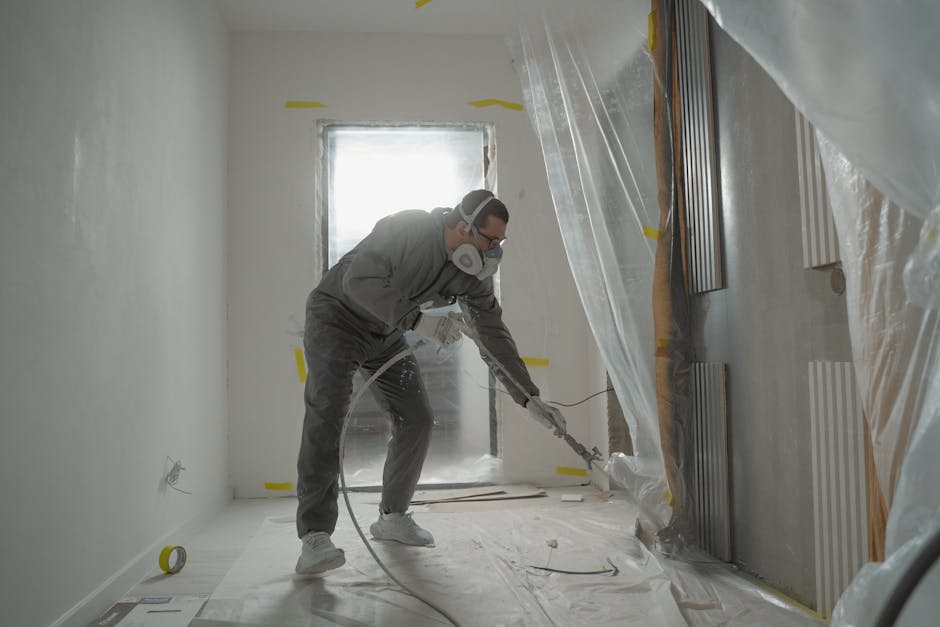
The Paradigm Shift in Residential Construction
The construction industry stands at a critical juncture where environmental responsibility and economic viability must converge. Our sustainable materials audit represents a fundamental rethinking of how we evaluate building materials beyond initial costs and superficial performance metrics.
Traditional construction approaches often prioritize short-term savings over long-term value, leading to environmental degradation and increased lifetime costs. The sustainable materials audit methodology challenges this conventional wisdom by introducing comprehensive life cycle assessment (LCA) metrics that account for environmental impact from extraction to disposal.

Quantifying the True Cost of Building Materials
Our audit process examines materials through multiple lenses: embodied carbon, energy consumption during manufacturing, transportation impacts, installation efficiency, maintenance requirements, and end-of-life scenarios. This holistic approach reveals surprising insights about material performance that conventional analysis misses.
Key Audit Components:
- Life cycle assessment (LCA) metrics implementation
- Thermal performance data analysis
- Waste reduction protocol development
- Long-term maintenance cost projections
- Environmental impact quantification

Beyond Greenwashing: Data-Driven Sustainability
Many construction projects claim sustainability credentials without substantive data to support these assertions. Our audit methodology provides quantifiable evidence of environmental performance, enabling builders and homeowners to make informed decisions based on empirical data rather than marketing claims.
The integration of thermal performance data with life cycle assessment creates a powerful tool for optimizing building envelope design. This approach not only reduces energy consumption but also enhances occupant comfort and building durability.

Implementing Waste Reduction Protocols
Construction waste represents both an environmental burden and economic inefficiency. Our audit includes detailed waste reduction protocols that minimize material waste during construction while maximizing recycling and reuse opportunities. These protocols have demonstrated significant cost savings while reducing environmental impact.

